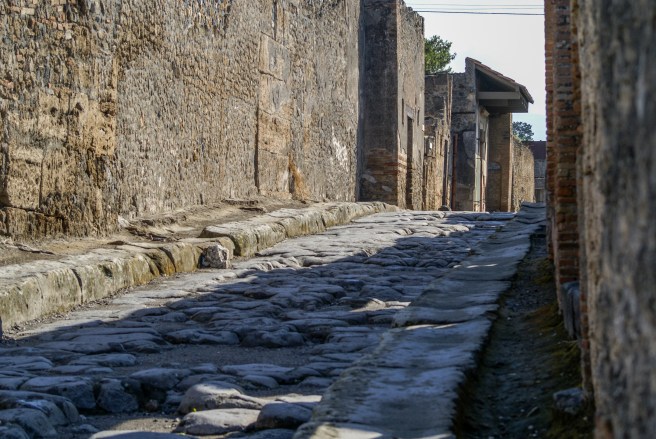
As I write this, I can watch the gel ink dry into the paper behind each new word. Dried into the fibers, permanent. Immortal. Eternal—for as long as the paper exists.
Place this paper in a vault, and the words will live forever. But they will not live. They remain preserved, filed, and recorded. Yet unread, they exist only as part of the vault’s mass. Their weight merely added to the total.
To the living world, the paper does not exist.
The same can be said of us.
We are the ink. As it dries, we move on—the march of time relentless, unpausing, uncaring. Once the ink dries, it is finished. That is our past. Our memories.
And we are also the vault. Every memory exists within us, along with anyone else who experienced it while the ink was still wet. Once we are gone—once those who share our memories are gone—so too is the memory. So too is the ink, the paper, the vault.
And that is life. Our life. Everyone’s life.
There will come a time when even the thought of you is lost. A day when the last person who remembers you will recall your name or your story for the final time. Then you are gone—lost to eternal oblivion.
Clifton Fadiman once said:
“A cheese may disappoint. It may be dull, it may be naive, it may be oversophisticated. Yet it remains cheese, milk’s leap toward immortality.”
Creativity—our art—is our cheese. Write a book, and it may be read forever. Paint, and your strokes may hang long after your heartbeat fades. The internet has become our new Library of Alexandria. Our vault.
In Cosmos, episode eleven, Carl Sagan said—and I’ll never forget it:
“What an astonishing thing a book is. It’s a flat object made from a tree with flexible parts on which are imprinted lots of funny dark squiggles. But one glance at it and you’re inside the mind of another person, maybe somebody dead for thousands of years… Books break the shackles of time. A book is proof that humans are capable of working magic.”
Another favorite of mine, Oscar Wilde, wrote:
“All art is immortal. For emotion for the sake of emotion is the aim of art, and emotion for the sake of action is the aim of life.”
So create. Plant a tree. Paint a picture. Write a story—your story.
Oblivion awaits. But leave something behind that will outlive you—and outlive the memory of those who knew you.
Will you be remembered for it? Maybe. Maybe not. But your creation might.
I wonder if anyone will ever read this.
I wonder if anyone will remember it, if they did.
Our ink is drying.







